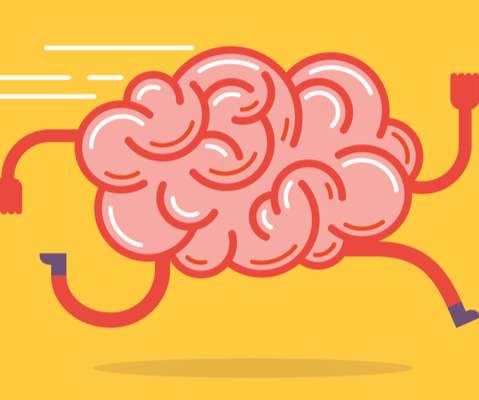Spaced Retrieval, Retrieval Practice, and Knowledge Guru: What Research Tells Us
Knowledge Guru
MARCH 19, 2014
Knowledge Guru’s game engine is designed to tap into two powerful and empirically supported instructional strategies—Retrieval Practice and Spaced Retrieval. Retrieval Practice alone can provide improved recall performance by as much as 10-20%. [2] 2] When combined with Spaced Retrieval the effect is multiplied.




































Let's personalize your content